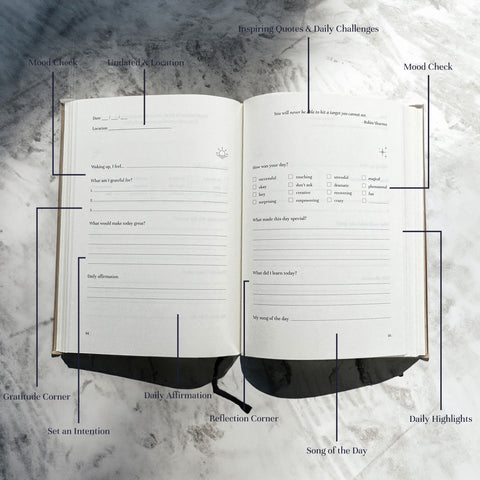Overcoming Procrastination: Simple Tips to Get Things Done Now
We’ve all been there: staring at a to-do list and somehow finding ourselves deep into a YouTube rabbit hole or reorganising our closet instead. Procrastination is like that sneaky friend who convinces you to push important things aside for later. But why do we keep falling into this trap? Let’s explore the science behind procrastination, learn some quick hacks to stop it, and find out how to break detach from this unhealthy behaviour for good.
What Is Procrastination
So, why do we procrastinate? Research shows that procrastination isn’t just about poor time management or laziness. It’s much deeper, tied to how our brains are wired.
According to psychologist Dr. Tim Pychyl, procrastination is an emotional regulation issue rather than a time management problem. When we delay tasks, it’s because they trigger negative emotions—stress, boredom, fear of failure—that we’d rather avoid. Instead of pushing through, our brain’s “instant gratification” mechanism kicks in, making us choose feel-good distractions, like watching TV or scrolling social media.
Another fascinating insight comes from a study published in Psychological Science. It suggests that our tendency to procrastinate may be partly genetic. The research found links between procrastination and impulsivity, meaning some of us are naturally more prone to procrastinating because of how we’re wired.
Neuroscientists have also discovered that procrastination is linked to the prefrontal cortex, the part of the brain responsible for decision-making and planning. When this region is less active, we tend to make short-sighted decisions, like choosing immediate comfort over long-term goals.
Tips on How to Stop Procrastinating Right Now
Alright, you’re reading this, so chances are you’ve got something you’re putting off. Let’s fix that! Here are three evidence-backed strategies to stop procrastination in its tracks:
1. Use the 5-Minute Rule
If a task seems overwhelming, commit to doing it for just five minutes. According to a study in the Journal of Experimental Social Psychology, once we start something, we’re much more likely to finish it due to a cognitive bias called the "Zeigarnik effect." This effect makes us mentally uncomfortable with incomplete tasks, nudging us to finish what we’ve started.
2. Break Tasks into Small, Manageable Chunks
Large tasks can feel intimidating, so break them down into bite-sized actions. Behavioral psychologists refer to this as “chunking.” Research shows that when you focus on smaller tasks, your brain rewards you with dopamine—a “feel-good” chemical—every time you check something off, making you more likely to continue.
3. Change Your Environment
We often procrastinate because our environment is filled with distractions. Studies have shown that simply moving to a different room or workspace can give your brain a fresh start. A clean, organised space can also help to reduce anxiety and improve focus.
4. Detaching from the Procrastination Habit for Good
For most people, procrastination is not a habit that can be stopped overnight. That is why it is very important to be consistent with the tips you are incorporating in your life to become more productive. Building a new, healthy habit takes time and patience, but it’s completely possible to rewire your approach.
5. Build a Routine
The secret to lasting change lies in repetition. Creating a daily routine, where you tackle the hardest tasks first, can transform how you work. This ensures you make the most of your peak energy and focus. Over time, this practice becomes second nature, and sticking to it becomes easier.
6. Use "Temptation Bundling"
Here’s a smart trick: combine something you enjoy with a task you’re avoiding. For instance, you can listen to your favourite playlist or podcast while working on something less exciting. This helps take the sting out of the task and can even turn it into something you look forward to.
7. Practice Self-Compassion
It’s easy to be hard on yourself when you procrastinate, but beating yourself up can make things worse. Instead, show yourself some kindness. If you slip up, treat it as a chance to learn rather than a reason to quit. Being gentle with yourself helps you stay motivated and keeps you moving forward.
8. Keep a Mindfulness Journal
A mindfulness journal can be a powerful tool to beat procrastination. By reflecting on your thoughts and emotions, you gain a better understanding of what’s causing you to delay tasks. Writing down your goals, tracking your progress, and being aware of your mental state can help you stay focused and motivated. This practice also helps reduce stress and anxiety, which are often behind procrastination in the first place.
If you are ready to start exploring the benefits of journaling in your life, check out our guided journals designed to help you set boundaries and prioritise your well-being.
Procrastination is more than just a bad habit—it’s a complex, brain-driven behaviour. But with the right strategies, it’s entirely possible to stop procrastinating and be more productive. Start small, stay consistent, and remember: you’ve got this! We’re here to guide along the way!






